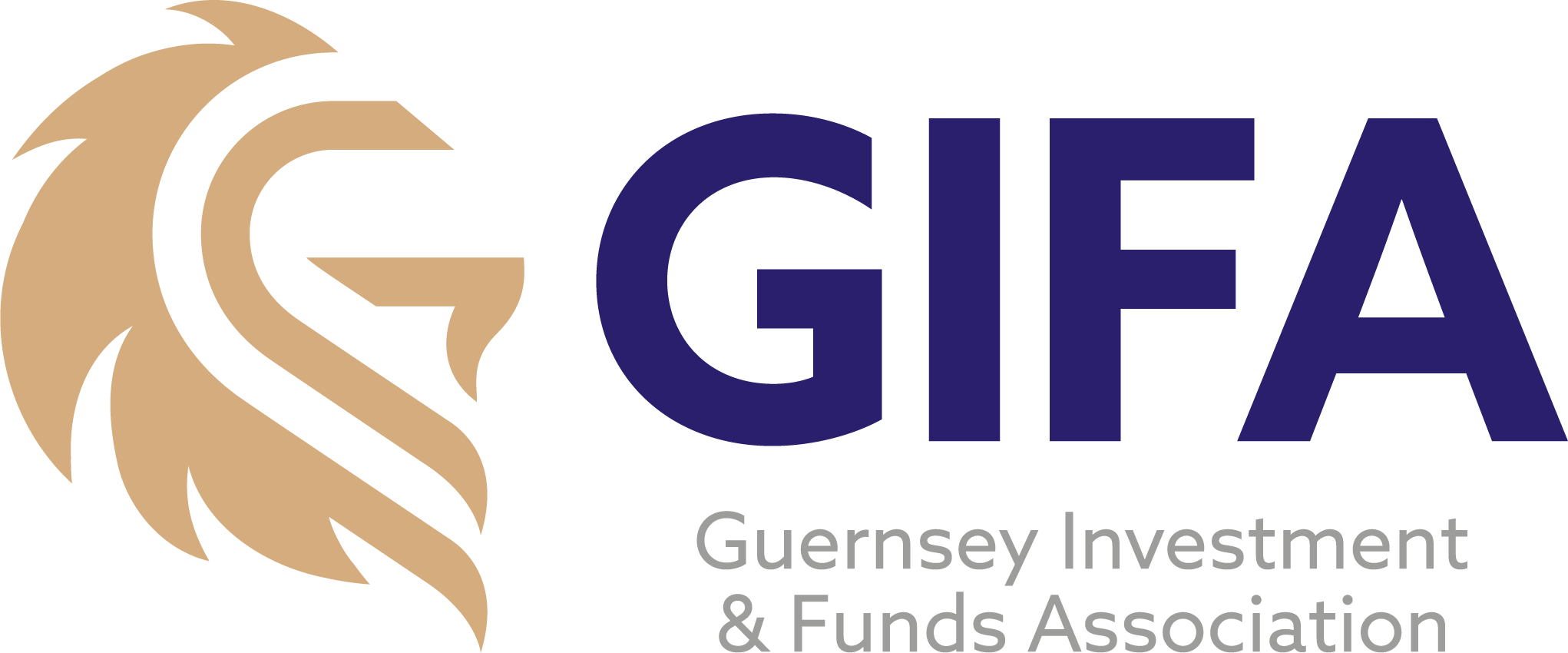Guernsey was represented at COP15 in Montreal in December 2022. Director General of the Guernsey Financial Services Commission, William Mason, and Commission Staff Officer, Tiffany Moeller, share their thoughts on the conference.
Despite the corresponding UN Conventions being opened for signatures at the same time, at the Earth Summit in 1992, climate change has since become a mainstream topic. Nature, on the other hand, continues to evoke images of burning rain forests, and the faces of baby pandas – pictures connected to philanthropy.
It was noticeable as we went around COP15 speaking formally and informally, that the nature loss crisis (otherwise known as the sixth great extinction) is well on the way to becoming mainstream although still markedly behind climate change in terms of media hours. This was the first ever Nature COP to have a day dedicated to the connection between biodiversity and finance, something that in the climate space has been happening for many years. Because, as all of us who work in or with the finance industry know, money is needed for everything and, therefore, finance needs to be involved to move things along.
The new Global Biodiversity Framework was agreed on 19th December 2022 – the main headline being the agreement on the goal of “30 by 30”. The enormity of the task now seems to be sinking in and the questions many will be asking are:how do we move from the commitments and promises made to concrete action? andwhat solutions and vehicles need to be created to support this shift in our economy?
Protecting 30% of the Earth’s lands, oceans, coastal areas, and inland waters as well as cutting food waste in half and reducing harmful government subsidies by $500bn is a mammoth task. Even more so when we only have seven years to achieve it by 2030. And if you think that seven years seems like a reasonable amount of time – think again, because seven years means only seven harvests to fix our agricultural systems and only seven accounting cycles to properly identify, analyse, consider and mitigate these new business risks.
Now, rather than descending into the risks to the target (which we regulators can do all too often) let us emphasise the opportunities instead, because what this also means is: $500bn in government subsidies that should flow somewhere better, an incredible need for innovation in the space not just in tech but in alternative ways of creating and extracting value, new ways of valuing assets, and the list goes on.
Every crisis presents not just hardship but also opportunity and a need for innovation and solutions. We trust that as a jurisdiction, Guernsey may again be slightly ahead of others. The Natural Capital Fund framework we launched a few months ago is designed to help funds which are committed to a more nature-positive world – be that by making returns through nature-positive investments or by accelerating and supporting the transition of not yet nature-positive ventures. In conversations around the many panels, fireside chats, negotiations and seminars happening at and around COP15, reactions to the Natural Capital Fund were always positive with Guernsey’s reputation for innovation enhanced.
Accordingly, we left the cold and snowy COP with reinforced belief that we, as a jurisdiction, occupy a helpful place in the regulatory and economic world and that our collective ability to innovate is what has made us and will keep us successful. The Bailiwick is, we believe, on the right path in seeking to provide routes for commercial capital to invest in nature positive solutions. This can help, not just our financial services sector but our planet and future generations.
